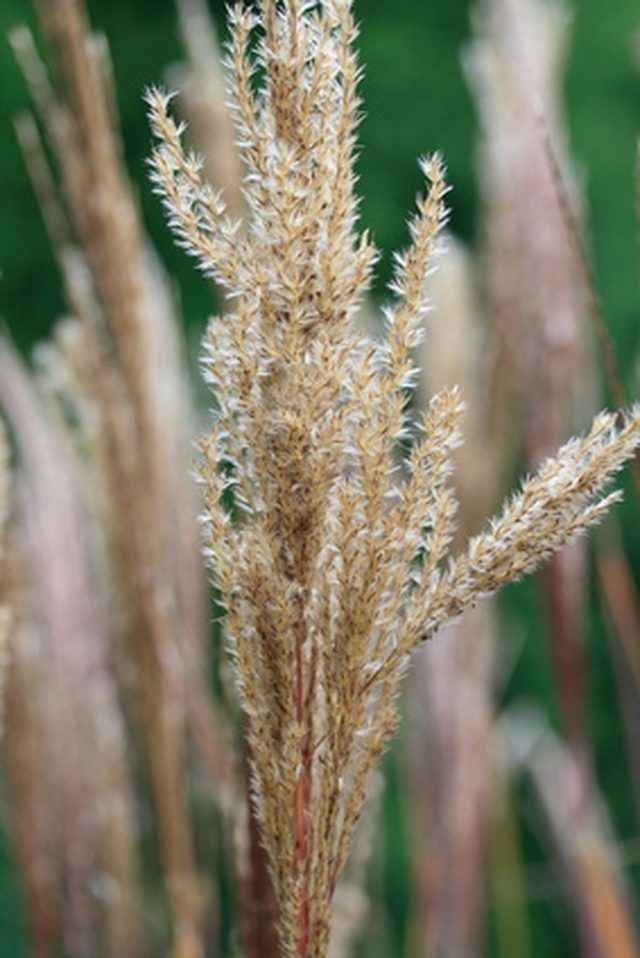Bulbs
Flower Basics
Flower Beds & Specialty Gardens
Flower Garden
Garden Furniture
Garden Gnomes
Garden Seeds
Garden Sheds
Garden Statues
Garden Tools & Supplies
Gardening Basics
Green & Organic
Groundcovers & Vines
Growing Annuals
Growing Basil
Growing Beans
Growing Berries
Growing Blueberries
Growing Cactus
Growing Corn
Growing Cotton
Growing Edibles
Growing Flowers
Growing Garlic
Growing Grapes
Growing Grass
Growing Herbs
Growing Jasmine
Growing Mint
Growing Mushrooms
Orchids
Growing Peanuts
Growing Perennials
Growing Plants
Growing Rosemary
Growing Roses
Growing Strawberries
Growing Sunflowers
Growing Thyme
Growing Tomatoes
Growing Tulips
Growing Vegetables
Herb Basics
Herb Garden
Indoor Growing
Landscaping Basics
Landscaping Patios
Landscaping Plants
Landscaping Shrubs
Landscaping Trees
Landscaping Walks & Pathways
Lawn Basics
Lawn Maintenance
Lawn Mowers
Lawn Ornaments
Lawn Planting
Lawn Tools
Outdoor Growing
Overall Landscape Planning
Pests, Weeds & Problems
Plant Basics
Rock Garden
Rose Garden
Shrubs
Soil
Specialty Gardens
Trees
Vegetable Garden
Yard Maintenance
Storing Grass Seed
Storing Grass Seed. Storing grass seed is practiced for a variety of reasons. Perhaps the most common reason grass seed is stored is because the homeowner simply purchases more than is needed and rather than waste it by applying too much seed to the lawn, it is stored for next season. Golf courses, parks and homeowners in mild weather regions store...

Storing grass seed is practiced for a variety of reasons. Perhaps the most common reason grass seed is stored is because the homeowner simply purchases more than is needed and rather than waste it by applying too much seed to the lawn, it is stored for next season. Golf courses, parks and homeowners in mild weather regions store grass seed for the purpose of over-seeding throughout the season or even the year. Storing grass seed properly for a period of no longer than 10 months will maintain the viability of the seed to germinate at the rating shown on the package.
Things You'll Need
Seed
Refrigerator
Leave the grass seed in the package in which it was purchased, if the package has not been opened. Seed from opened packages should be placed in a cloth sack so the seed can breathe, reducing the chance of mold growth.
Store the seed in a refrigerator if at all possible. The refrigerator will maintain a temperature of between 30-45 degrees Fahrenheit, keep out humidity and protect the seed from rodents and insects. If a refrigerator is not available, store the seed in a cool dark place, with good air circulation, off the ground and not accessible to rodents and insects.
Plant the stored seed with-in 10 months of the processing date shown on the package. The stored seed will keep after 10 months but loses viability and will not germinate at the rating shown on the package. A rule of thumb is to plant 25% more stored seed than is directed on the package for each year of storage past the initial 10 month guideline.
Tips & Warnings
The importance of storing seed in dry humidity free areas cannot be overstated.
The germination rating shown on the package was determined by the seed being grown under laboratory conditions, plan on a lower germination rate for your lawn.
Test a handful of older seed by blowing across it, if more than one half of the handful is blown away as chaff, throw the stored seed away.
Do not purchase seed from large pallet displays stacked outside in the weather. Purchase the seed with the most recent processing date on the package and that has been stored inside the store.